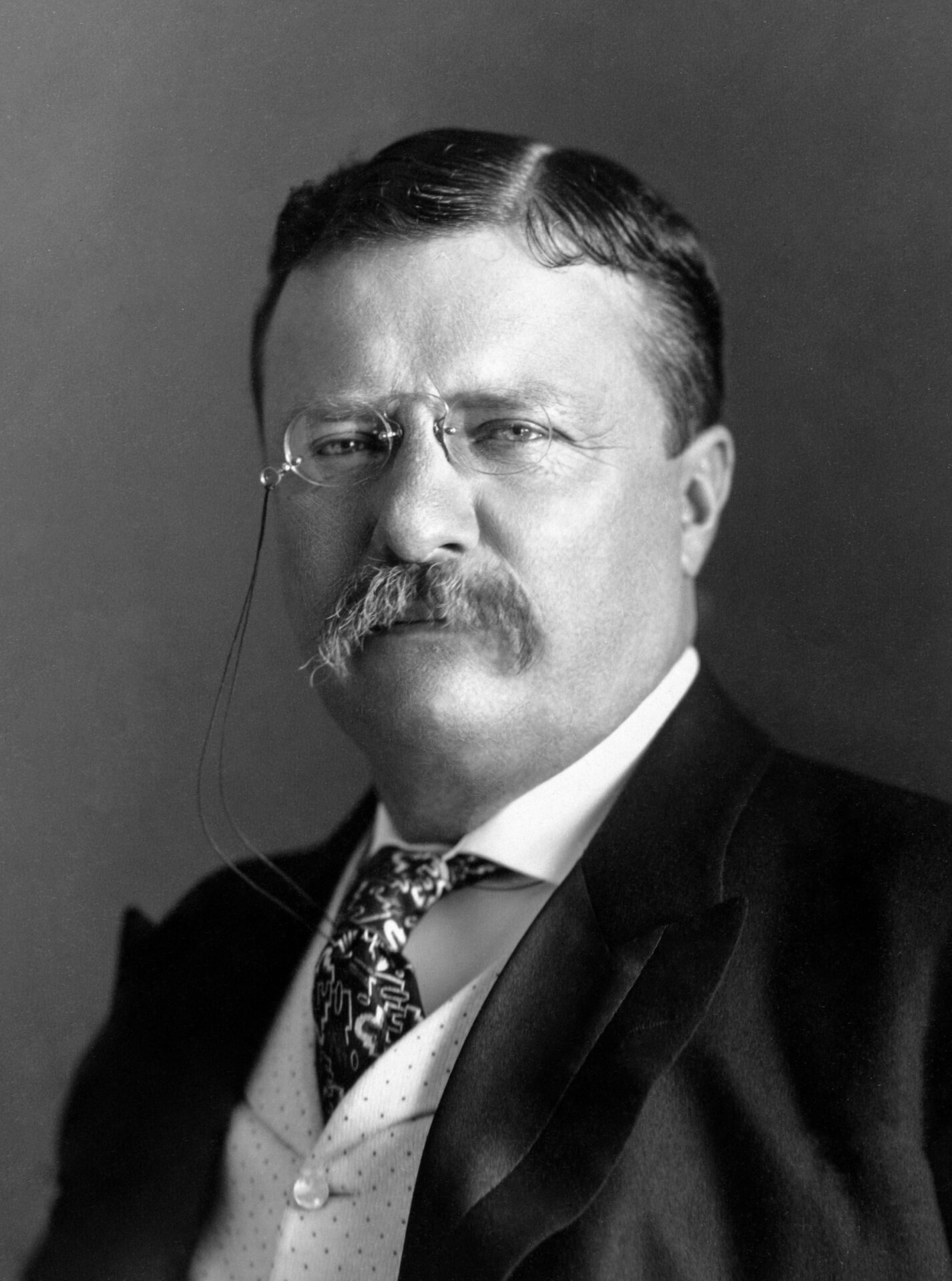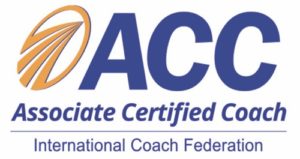Brene Brown introduced many of us to the “Man in the Arena” speech during her talk on critics and her book “Daring Greatly.” Once I read and internalized the message, it has been a part of how I look at myself and my critics. But, more importantly, how I share the “Man in the Arena” thought process with my clients.
The “Man in the Arena” speech is an excerpt from a much longer speech delivered by Theodore Roosevelt in Paris, France, on April 23rd, 1910.
“It is not the critic who counts; not the man who points out how the strong man stumbles, or where the doer of deeds could have done them better. The credit belongs to the man who is actually in the arena, whose face is marred by dust and sweat and blood; who strives valiantly; who errs, who comes short again and again, because there is no effort without error and shortcoming; but who does actually strive to do the deeds; who knows great enthusiasms, the great devotions; who spends himself in a worthy cause; who at the best knows in the end the triumph of high achievement, and who at the worst, if he fails, at least fails while daring greatly, so that his place shall never be with those cold and timid souls who neither know victory nor defeat.” — Theodore Roosevelt
Too often, we spend our time trying to please others and placing blame and shame on ourselves when it is not warranted.
Over the last few weeks, clients have come to appointments full of “should haves” that have nothing to do with their own wants, desires, or goals. Instead, the “should haves” are based on what others think of their actions, and the burden they carry is great.
When you start to speak about “should haves,” ask yourself some questions:
- Is this person someone I trust and respect?
- What is my role in this situation?
- What is the part of the individual offering “should have” advice?
- Is their “should have” perspective in line with my values and goals?
- What is their “skin in the game,” so to speak?
- What are they willing to give to support what they think I “should have” done?
- Who’s needs are being served?
Pretty quickly, we may find that the “should haves” that come from others are more of a commentary on them and their actions than ours. They merely needed a deflection point, and we happened to be handy. They didn’t want to look in the mirror at what their own “should haves” could be.
Remember, you are the “man in the arena.” You are doing the best that you can, and that is enough.
Cindy Jobs, PCAC, ACC
Looking for more information?
Click here for ADHD-friendly Time Management Tools
Click here to schedule a complimentary breakthrough session.
For more helpful information, follow me on Facebook.







